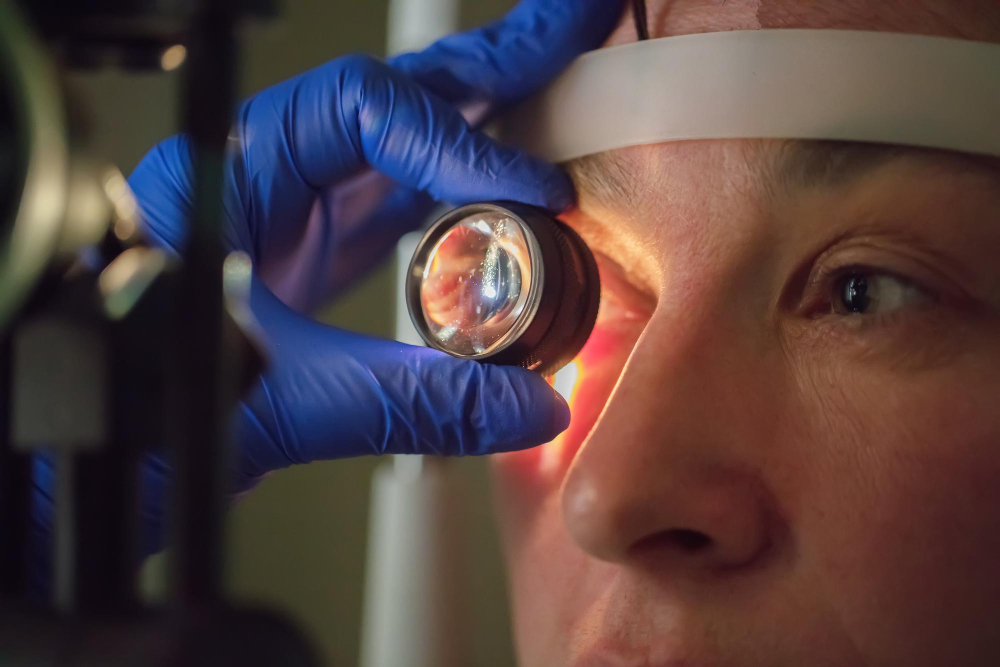World Glaucoma Week is an annual global initiative dedicated to raising awareness about glaucoma, one of the leading causes of irreversible blindness. This important event, typically observed in March, encourages people worldwide to learn more about the disease, get screened, and support efforts to prevent vision loss. With millions affected, but many unaware they have the condition, World Glaucoma Week plays a crucial role in promoting early detection and treatment.
Why World Glaucoma Week Matters
Glaucoma is often referred to as the “silent thief of sight” because it develops gradually and without noticeable symptoms in its early stages. Many people with glaucoma do not realize they have the condition until significant vision loss has already occurred.
World Glaucoma Week aims to:
- Increase public awareness about the disease and its risks.
- Encourage people, especially those at higher risk, to get regular eye exams.
- Support advocacy efforts for better access to eye care.
- Highlight advancements in glaucoma treatment and research.
By spreading awareness, this initiative helps reduce preventable blindness and encourages communities to prioritize eye health.
What is Glaucoma?
Glaucoma is a group of eye diseases that cause damage to the optic nerve, the structure responsible for transmitting visual information from the eye to the brain. The most common form, primary open-angle glaucoma (POAG), develops slowly over time due to increased pressure in the eye (intraocular pressure). Other forms, like angle-closure glaucoma, occur suddenly and require immediate medical attention.
If left untreated, glaucoma leads to permanent vision loss, starting with peripheral vision and progressing to complete blindness.

Risk Factors for Glaucoma
Certain individuals are at a higher risk of developing glaucoma, including:
- People over 40, especially those over 60.
- Individuals with a family history of glaucoma.
- African, Hispanic, and Asian populations, who have a higher genetic predisposition.
- People with conditions like diabetes, hypertension, or extreme nearsightedness.
- Those who have experienced eye injuries or used long-term steroid medications.
How is Glaucoma Treated?
While glaucoma damage is irreversible, treatment can slow its progression and preserve remaining vision. The most common treatment options include:
- Eye Drops: The first line of defense, these help lower eye pressure by reducing fluid production or improving drainage.
- Oral Medications: In some cases, doctors prescribe additional medication to control eye pressure.
- Laser Therapy: Procedures like laser trabeculoplasty improve fluid drainage to reduce pressure.
- Surgery: If other treatments fail, surgical options like trabeculectomy or minimally invasive glaucoma surgery (MIGS) can help control intraocular pressure.
How to Get Involved in World Glaucoma Week
There are many ways to participate in World Glaucoma Week and support the fight against preventable blindness:
- Get an Eye Exam: The best way to prevent glaucoma-related blindness is through early detection. Encourage family members, especially those at risk, to schedule an eye checkup.
- Spread Awareness: Share information on social media, talk to friends and family, and participate in local awareness events.
- Join a Screening Event: Many hospitals and clinics offer free or discounted glaucoma screenings during the week.
- Support Glaucoma Research and Advocacy: Donate to organizations that support eye health research and better treatment options.
- Wear Green: Green is the official color of World Glaucoma Week. Wearing green or lighting up buildings in green helps promote awareness.
World Glaucoma Week is a vital campaign that highlights the importance of eye health and the dangers of undiagnosed glaucoma. By participating in awareness activities, encouraging eye exams, and supporting research efforts, individuals and communities can help combat this silent but preventable cause of blindness. Prioritizing regular eye checkups and spreading knowledge can save sight and improve lives around the world.


